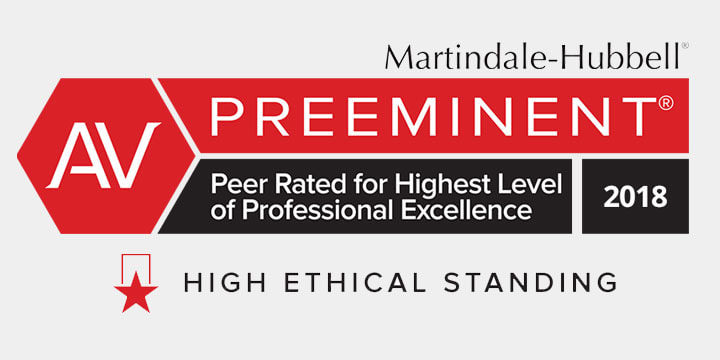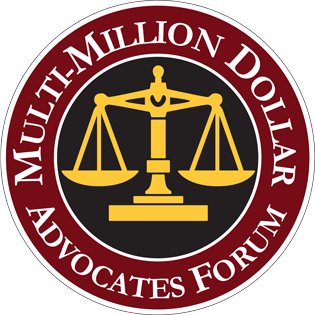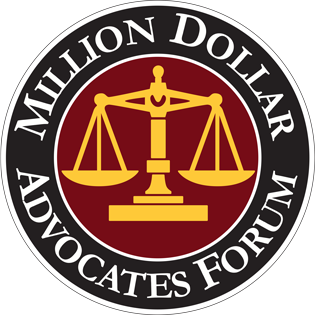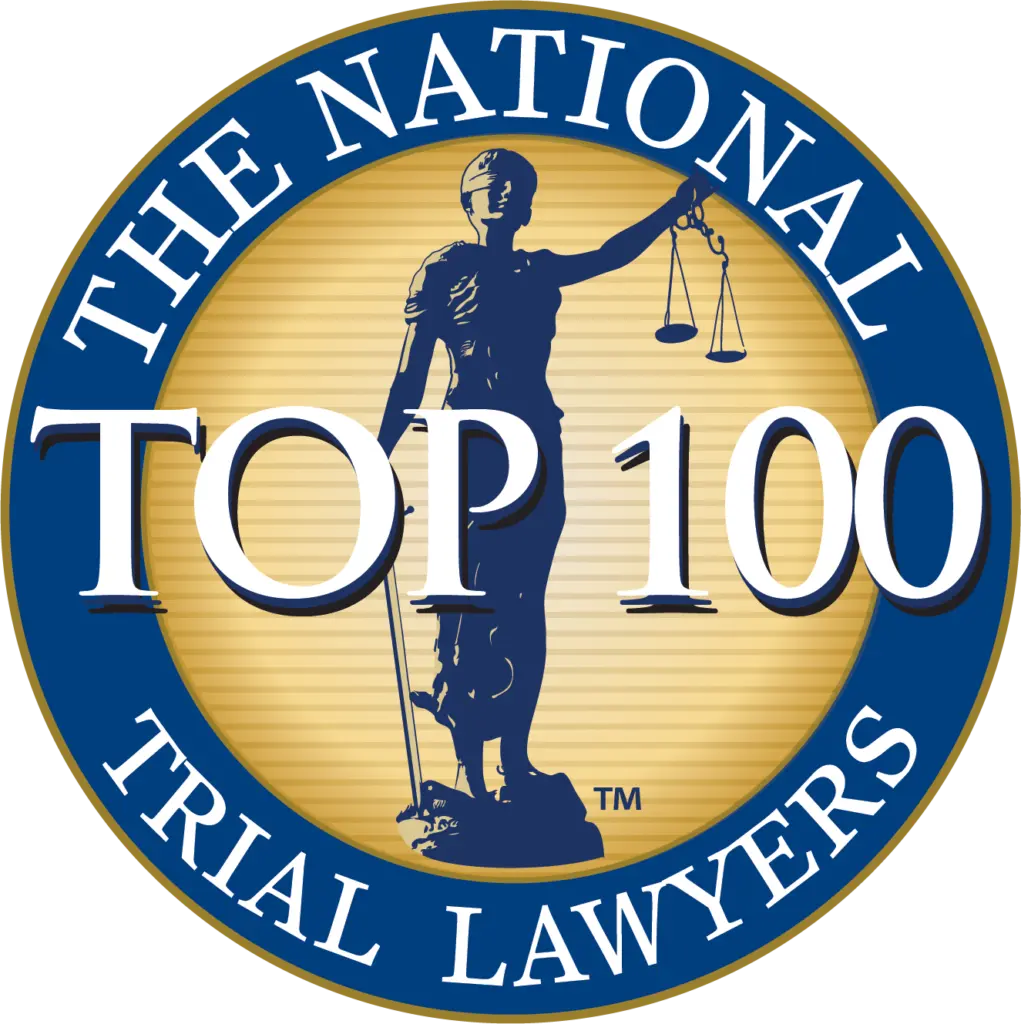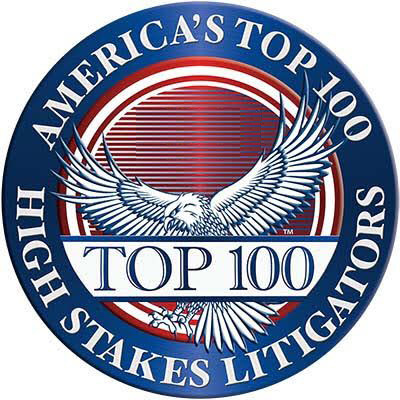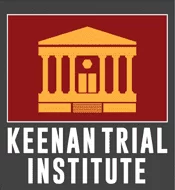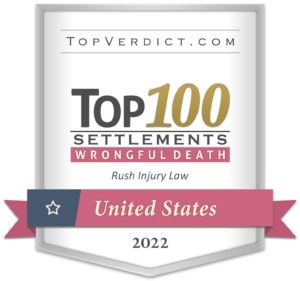Call For A Free Consultation
415-897-4801
Novato Corporate Office (Mailing Address):
10 Commercial Blvd #206 Novato, CA 94949
Offices Located In San Francisco, Oakland, San Jose, Walnut Creek, Pleasanton, Santa Rosa, Napa, Redwood City, Sacramento and Newark
If you’re partially at fault for your slip-and-fall accident
California residents are often involved in slip-and-fall accidents. They happen in a wide variety of situations, some of which are the total fault of another negligent party and others under shared-fault circumstances. While some states use an antiquated contributory negligence law that exempts some negligent actors from being pursued for damages when the plaintiff is even 1% at fault, California uses the more modern pure comparative negligence law that allows financial damage recovery for anyone injured that did not totally cause their own injury.
Establishing reasonable duty of care for the respondent
Slip-and-fall injury claims are adjudicated very similar to auto accidents in California with respect to what actually transpired to cause the injury. The first component of the case is presenting what actually happened in establishing a reasonable duty of care for the respondent to the injured plaintiff. This is not always an easy task in slip-and-fall accidents, as the defendant and their legal counsel will have significant input in rebutting any liability claims.
How comparative fault percentage is applied
The particular percentage of personal fault for the plaintiff is based on their own actions at the time of occurrence, which is what the defending insurance provider or respondent will argue in court. After hearing arguments from both sides, the judge or jury will decide the level of personal fault for the plaintiff. Under pure comparative fault law for slip-and-fall accidents in California, the plaintiff will have their total compensation requests discounted by their own personal contribution percentage.
It is important for injured parties to understand that establishing a reasonable duty of care can be difficult in slip-and-fall accidents. Unlike an auto accident where the state will investigate the case, slip-and-fall accidents often do not include an accident report unless they require an immediate ambulance call. This means much of the liability evidence will be based on testimony.
Want A Free Consultation?
© 2025 Rush Injury Law. All Rights Reserved.


